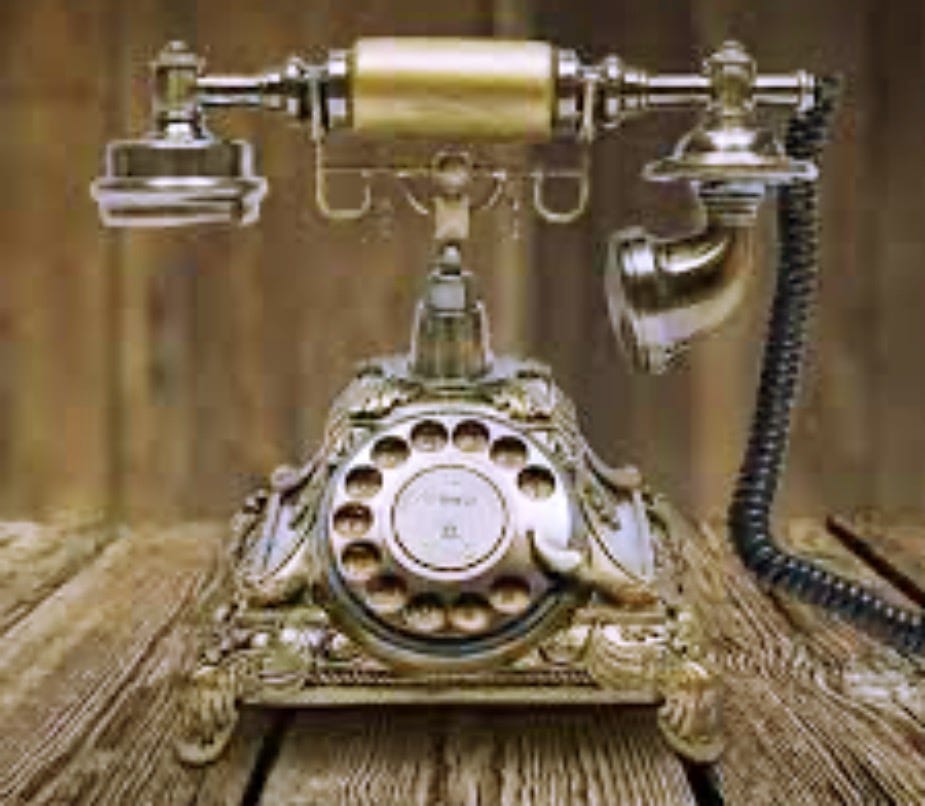Notes On Fraud: Is This the Party From Whom I’m Currently Stealing
© Jeffrey Robinson 2010, 2012
The phone rings and a friendly voice on the other end offers you a once-in-a-lifetime golden investment opportunity. But, he warns, once-in-a-lifetime means right now, this instant, you have to say yes pronto or it’s gone, forever.
It’s like the old joke:
Day 1: I have private, hush-hush access to these shares that are going onto the market tomorrow morning for a penny and are worth at least 1000 times that.
I’ll take 1000 shares.
Day 2: We’re up to two-cents a share, you’ve doubled your money.
I’ll take 5000 shares.
Day 3: They’ve just his ten-cents a share and they’re still climbing.
I’ll take 10,000 shares.
Day 4: We’re going beyond 50-cents a share. I’m telling you, this is the bargain of the century.
I’ll take 20,000 shares.
Day 5: We just this minute hit a dollar a share.
Sell.
To who?
Sound apocryphal? Sadly, it’s not. Despite all the technological advancements of the past 10 years, telemarketing fraud is still a huge industry and the bogus investment side of it works just like that.
Using high-pressure techniques—talking so fast that victims don’t have time to think is one of the most common techniques—fraudsters purposely pump prices then disappear, leaving “investors” clinging to the wreckage.
It might be stocks and shares. This is a foolproof, no risk, perfect investment that you’ve got to make right now because my boss is pressuring me to sell this and if you don’t say yes right away, I’ll have to offer it to someone else.
It might be a free vacation. You can have one week in the Bahamas for two, air fare included… so are meals, taxes, tips, sightseeing, everything… absolutely free… no strings attached. Except there are strings. You have to subscribe to something, or buy something, or register for something, and to do that, they need your credit card number, expiry date, mother’s maiden name and the three digit code on the back of the card. A week later, your card shows thousands of dollars worth of charges in Hong Kong, Prague, Marrakech and Punte del Este.
Or it might be a survey. We’re a non-profit organization trying to get information for a major university that will use it to help (choose one) a) doctors prescribe to senior citizens; b) banks better understand the mortgage market; c) the Red Cross get much needed aid money to the victims of some recent disaster. It sounds innocent enough, until you find out that the nice person doing the survey has just signed you up for a) prescription medicines from some questionable third world country; b) a new mortgage or c) a huge donation to a charity you’ve never heard of which, surprise, turns out to be the crooks.
Given the fact that the bad guys are so good at being bad guys, and have absolutely no qualms or conscience when it comes to irreparably harming people by pretending to be their phone friend, the best way to protect yourself is to hang up.
Next, you can put yourself on the national “Do Not Call” registry. It’s free. (Tel: 888-382-1222). Or register online. That should screen out legitimate telemarketers. And while it won’t necessarily stop the boiler room crooks, once the legitimate guys have stopped calling, you can pretty much assume any telemarketer who phones you now is a scammer.
In the end, the best advice is the same advice our parents tried to drill through our heads when we were kids:
NEVER TALK TO STRANGERS!
*****


